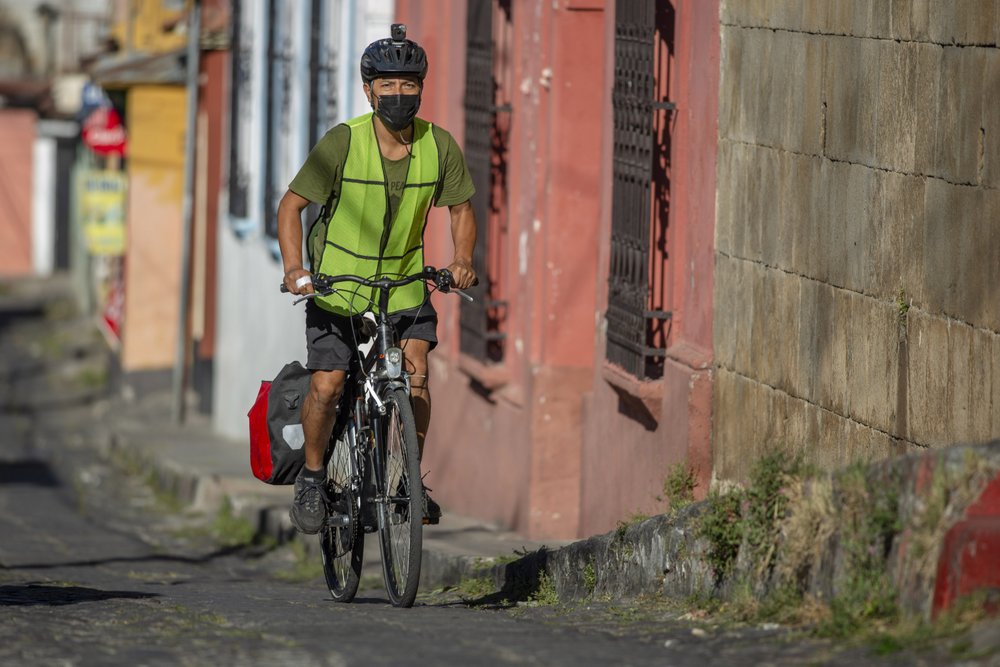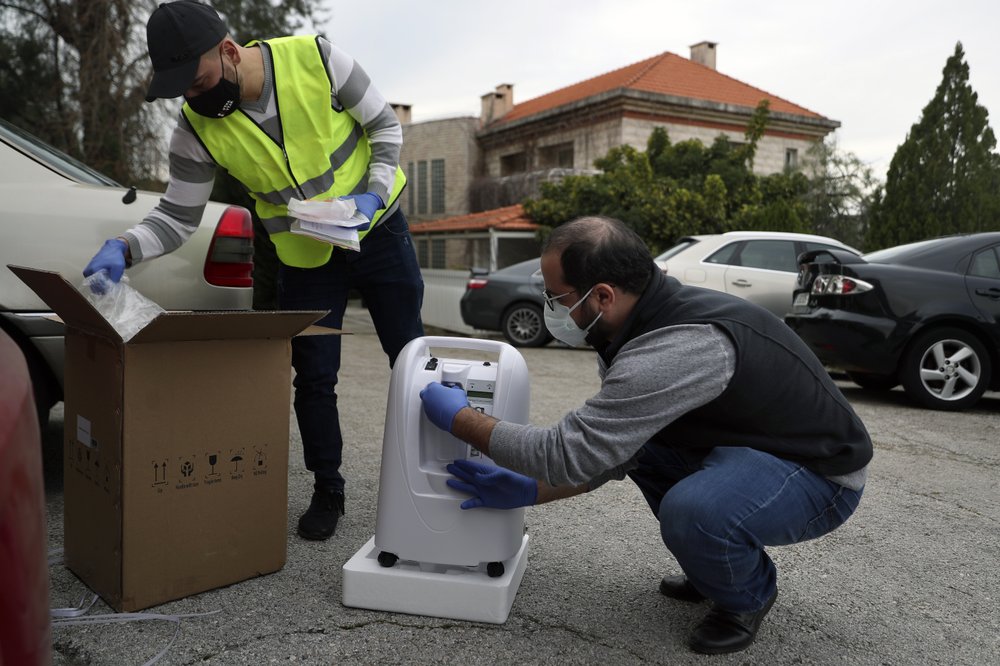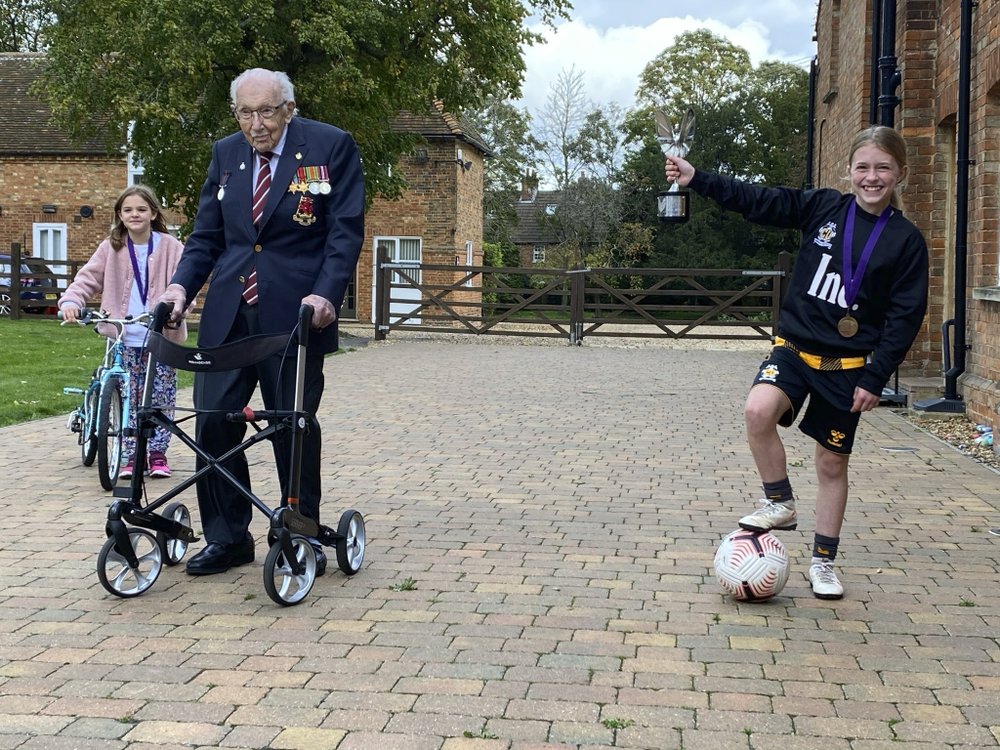Donated books exchanged for food to feed Guatemalan children

A bag of Incaparina, a colorful bag of cereal, costs just $1.15 in Guatemala. But for 97% of households helped by the nonprofit 32 Volcanoes, that is less than the amount they earn in a day. In response Bonifaz Díaz, an actor and avid biker, has cycled more than 1,200 miles from household to household to exchange donated books for bags of Incaparina to give to families in need. His efforts feed nearly 400 kids, with food deliveries sometimes weighing over 100 pounds for him to transport.
A list of donated books are available for people to pick up in exchange for a bag of the cereal mix. From novels to sociology textbooks, Diaz bikes home to home to retrieve them and then turns around to deliver the cereal to children in need. More than just food on the shelf, the cereal offers nutritional value. Many of these low income families could only afford salt, corn for tamales and processed foods for their families. But the 32 Volcanoes’ initiative is helping curb malnutrition for young children.
Since the books-for-food program began about a year ago, two more cyclists joined Díaz, and donations are abundant.
Lebanese nonprofit helps health care workers, families

Volunteers of the Lebanese nonprofit Baytna Baytak have worked nonstop since their organizing. The group helps in a variety of ways; from donating and delivering oxygen tanks, to aiding those affected by the explosion in Beirut. Lebanon’s health care system works with little to no assistance from the government and doctors are stretched thin caring for COVID-19 patients and those injured from the explosion in Beirut.
To relieve the strain Baytna Baytak began helping health care workers find temporary lodging to prevent them from spreading the virus to their families. Around 100 health care workers now live in six apartments, a few hotels and a Covent.
For volunteers at Baytna Baytak the oxygen tanks, lodging and other aid they give is unquestionably essential during the pandemic and they have no plans to stop. Melissa Fathallah, one of the founders of Baytna Baytak, is determined to help all they can. “We took it upon ourselves because of the greater good, because of the bigger picture because of the country and the citizens. We took it upon ourselves.”
100-year-old inspires 11-year-old to fundraise

During the worst of England’s lockdown last year, Capt. Tom Moore walked 100 laps around his property to raise money for COVID-19 efforts for his 100th birthday. In a moment of national unity, the fundraiser that aimed to raise $1,400 blew up and instead raised over $45 million. On Feb. 2, Moore died of COVID-19, leaving a legacy of supporting health care during the pandemic.
But rather than his death stifling efforts, it pushed others to do more. Eleven-year-old Imogen Papworth-Heidel met Moore while fundraising in her own way: through soccer. She made a goal to do 7 million keepy upppies — keeping the ball in the air by kicking it from one foot to another. Moore told her that her idea was “cool.” After his death, Papworth realized that in order to complete her 7 million goal, one for each health care worker, she would need some help. She reached out to other kids and pretty soon her goal was met. Six million keepy uppies came from outside efforts, and one million came from her own hard work.
“I probably learnt to keep on going and not to give up halfway through something … to persevere through it, like going out when it’s raining, or it’s really, really hot,” Imogen told the Associated Press. “And I now believe that I can do what I want if I know I can do it and I have the right mindset.”




